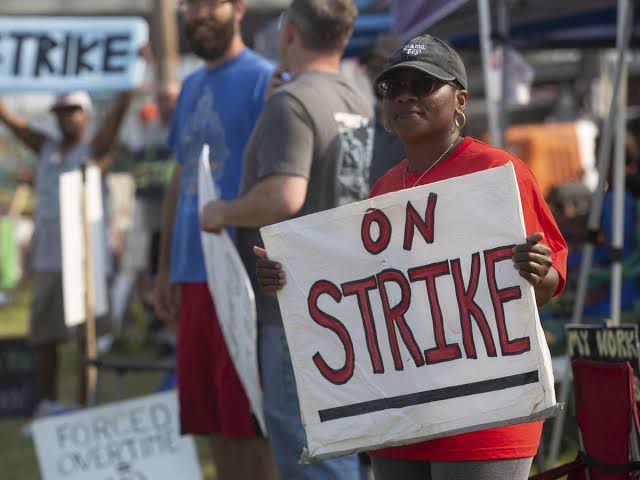Ghana will increase the state-guaranteed price paid to cocoa farmers by nearly 45% for the 2024/25 crop season, according to sources familiar with the price review, as reported by Reuters.
This move aims to enhance farmers’ incomes and deter the smuggling of cocoa beans out of the country.

In April, Ghana raised the farmgate price by over 58% to 33,120 cedis ($2,123.08) per metric ton, or GH¢2,070 per 64 kilograms (kg), for the remainder of the 2023/24 season.
This mid-season adjustment followed a similar increase by neighboring Ivory Coast, which raised its farmgate price to 1,500 CFA francs (approximately 40 cedis) per kg for the April-to-September period.
For the 2024/25 season starting in September, Ghana’s cocoa producer price review committee has proposed setting the price at 48,000 cedis per ton, or 3,000 cedis per 64 kg of cocoa, marking an increase just under 45%.
This decision is pending cabinet approval, with both sources requesting anonymity as the information is not yet public.
The second source indicated that it is unlikely the cabinet will alter the committee’s decision but noted that exceeding 48,000 cedis per ton could place COCOBOD, Ghana’s cocoa marketing board, at a financial deficit.
Additionally, Ghana’s price will need to align with Ivory Coast’s 2024/25 farmgate price, which is yet to be announced.
Both countries have established a joint initiative to coordinate farmgate prices and cocoa supplies to support the sector and boost farmers’ incomes.
Cocoa prices have been strong this year due to diseases and adverse weather conditions in Ghana and Ivory Coast, which together supply over 60% of the world’s cocoa, contributing to a third consecutive market deficit.
The International Cocoa Organisation recently raised its global cocoa deficit forecast for the 2023/24 season to 462,000 tons, up from 439,000 tons, predicting a 45-year low in the stocks-to-grindings ratio.
COCOBOD had originally planned to start the 2024/25 season on September 1 with a reduced production target of 650,000 tons, but sources now say the opening will be delayed.
The earlier start was intended to combat bean smuggling, which has been driven by low prices and delayed payments.
Additionally, some farmers and licensed buyers have been accused of hoarding beans in anticipation of the price hike.























































![[FREE FREE MONEY] Predict and Win a Guaranteed GH¢200 From Us EVERY WEEK](https://wordpress.ghanatalksradio.com/wp-content/uploads/2022/02/Predict-and-Win-Final-09-03-2021-218x150.jpg)
![[Predict & Win – 8th/Oct.] WIN A Guaranteed ¢200 From Us This Week](https://wordpress.ghanatalksradio.com/wp-content/uploads/2021/10/maxresdefault-16-218x150.jpg)
![[Predict & Win – 2nd] WIN A Guaranteed ¢200 From Us This Week](https://wordpress.ghanatalksradio.com/wp-content/uploads/2021/09/maxresdefault-50-218x150.jpg)
![[Predict & Win – 25th] WIN A Guaranteed ¢200 From Us This Week](https://wordpress.ghanatalksradio.com/wp-content/uploads/2021/09/maxresdefault-36-218x150.jpg)
![[Predict & Win – 18th] WIN A Guaranteed ¢200 From Us This Week](https://wordpress.ghanatalksradio.com/wp-content/uploads/2021/09/maxresdefault-23-218x150.jpg)








![[National cathedral] See full list of churches that have contributed since 2018](https://wordpress.ghanatalksradio.com/wp-content/uploads/2020/09/Ghana-National-Cathedral-GhanaTalksRadio-100x70.jpg)



